INACCT Resilience – Designing Inclusive African Coastal City Resilience
In recent years, coastal cities such as eThekwini (Durban) in South Africa and Beira in Mozambique have borne the brunt of extreme climate events. Devastating floods claimed hundreds of lives, displaced thousands more, and wrought havoc upon both environmental and urban infrastructure. In response to these crises, the INACCT Resilience project, funded through the Climate Adaptation and Resilience (CLARE) initiative, aims to strengthen urban resilience planning, particularly for vulnerable communities and informal settlements. At its core, the project embraces a transdisciplinary approach, emphasising the importance of co-learning and co-designing inclusive solutions. This entails integrating diverse forms of knowledge and evidence from a variety of stakeholders, including marginalised voices often overlooked in conventional decision-making processes.
Empowering voices, strengthening resilience: Beira learning lab
A two-day learning lab held in Beira, Mozambique, in March 2024 served as a stark reminder of the critical role collaboration plays in addressing the climate crisis. During this event, community members and experts alike shared key insights, highlighting the indispensable role of collaboration in fostering diverse expertise, pooling resources and incorporating varied perspectives essential for creating comprehensive solutions to climate-related challenges. The event shed light on the necessity of inclusivity in climate resilience planning. By actively involving women, children, people with disabilities and other marginalised groups, policies and strategies can be tailored to address their unique needs, vulnerabilities and contributions. The inclusion of diverse voices not only enhances the effectiveness and equity of adaptation efforts, but also ensures that no-one is left behind in the face of environmental catastrophes. To learn more about this event, read here.

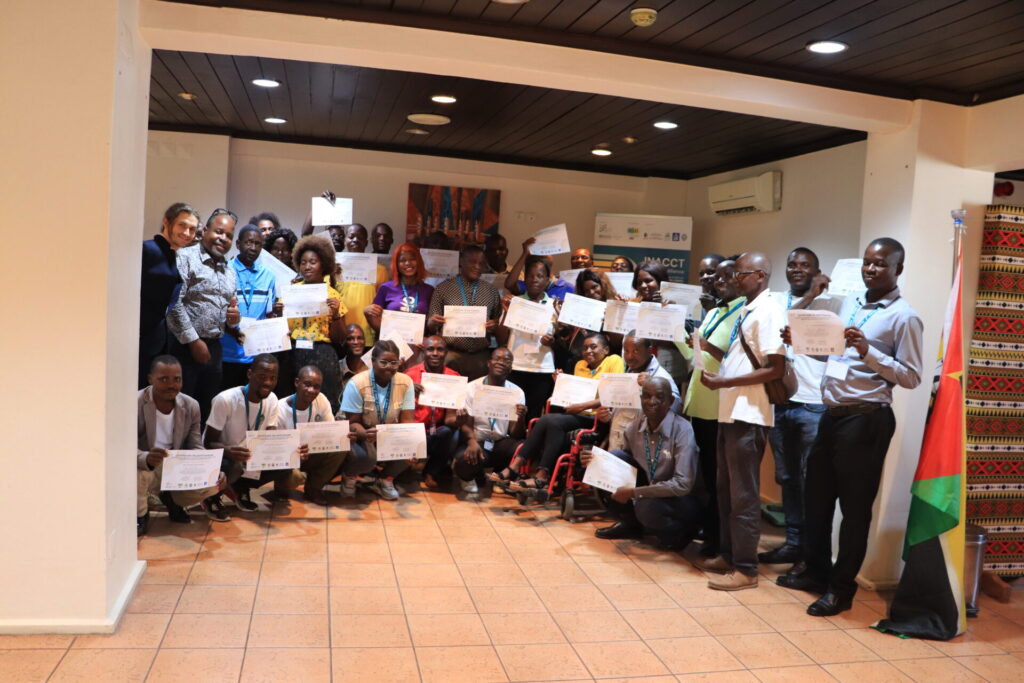
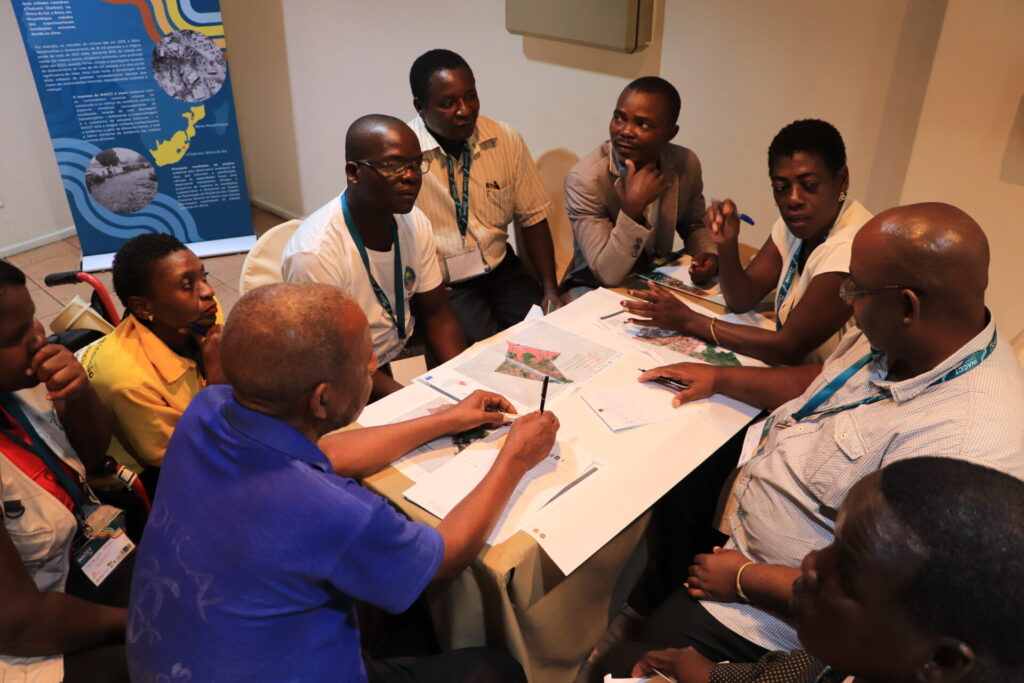
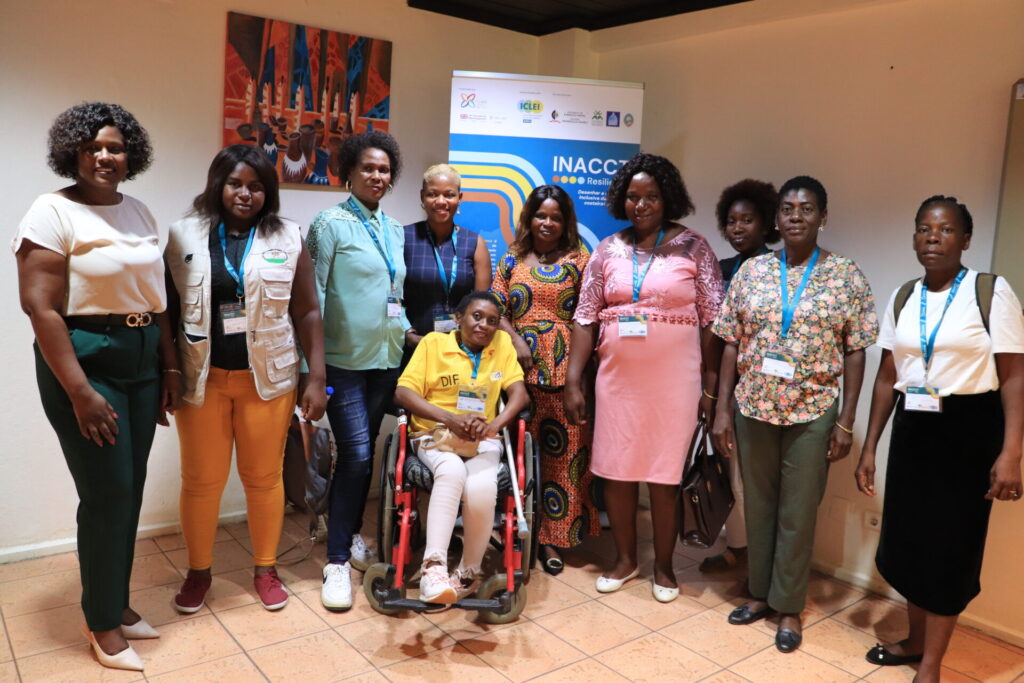
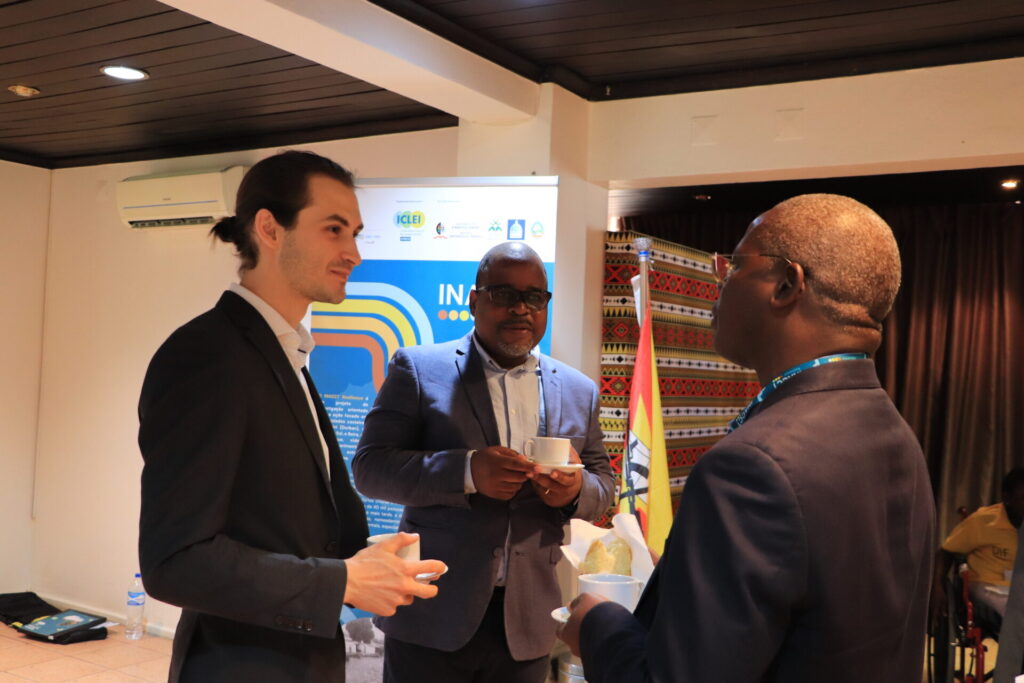
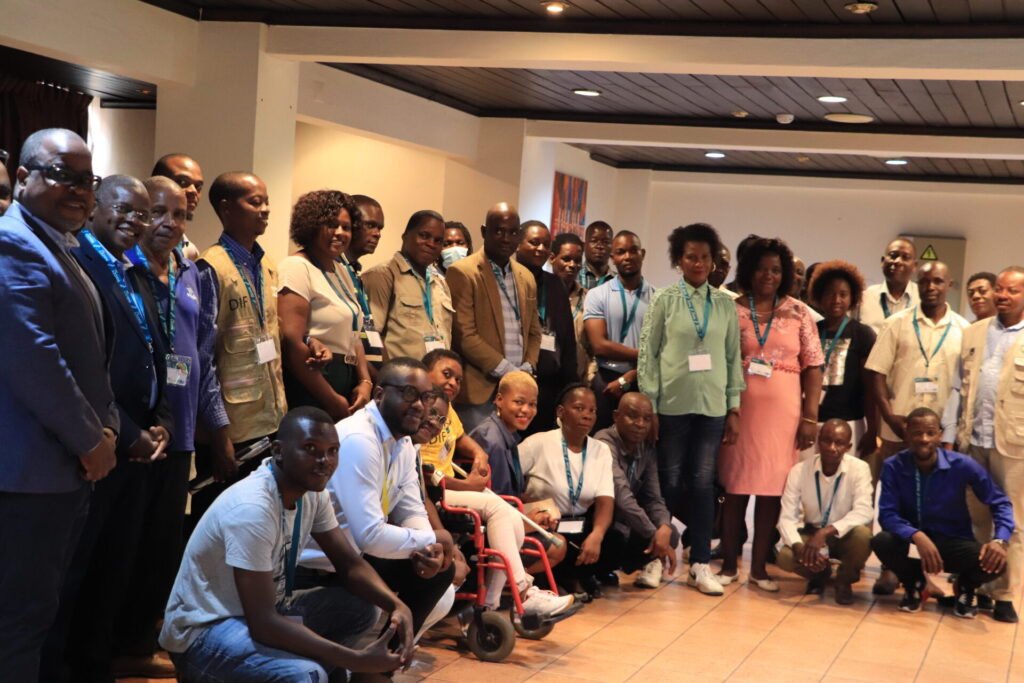
Using art for impact: eThekwini art exhibition and learning lab
Similarly, an art exhibition and learning lab held in eThekwini, South Africa (also in March 2024) further emphasised the importance of amplifying the voices of the marginalised in resilience planning. The event highlighted the disproportionate impact of climate change on vulnerable communities and stressed the urgency of implementing practical, effective and inclusive solutions to mitigate disaster risks. To learn more about this event, read here.
By co-creating and sharing a Gender-responsive Coastal Cities Resilience Planning Framework, the INACCT Resilience project seeks to inspire and empower cities across the continent to adopt similar approaches, fostering collaboration and inclusivity in the fight against climate change. Project activities and collaborative engagements with diverse stakeholders are ongoing in support of developing the framework.
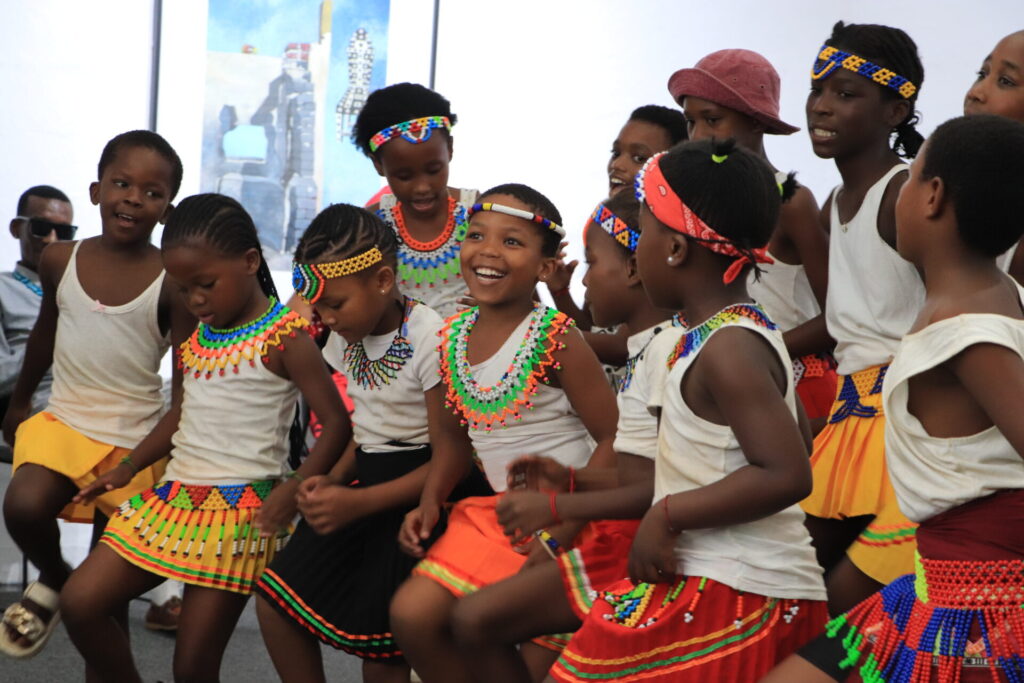
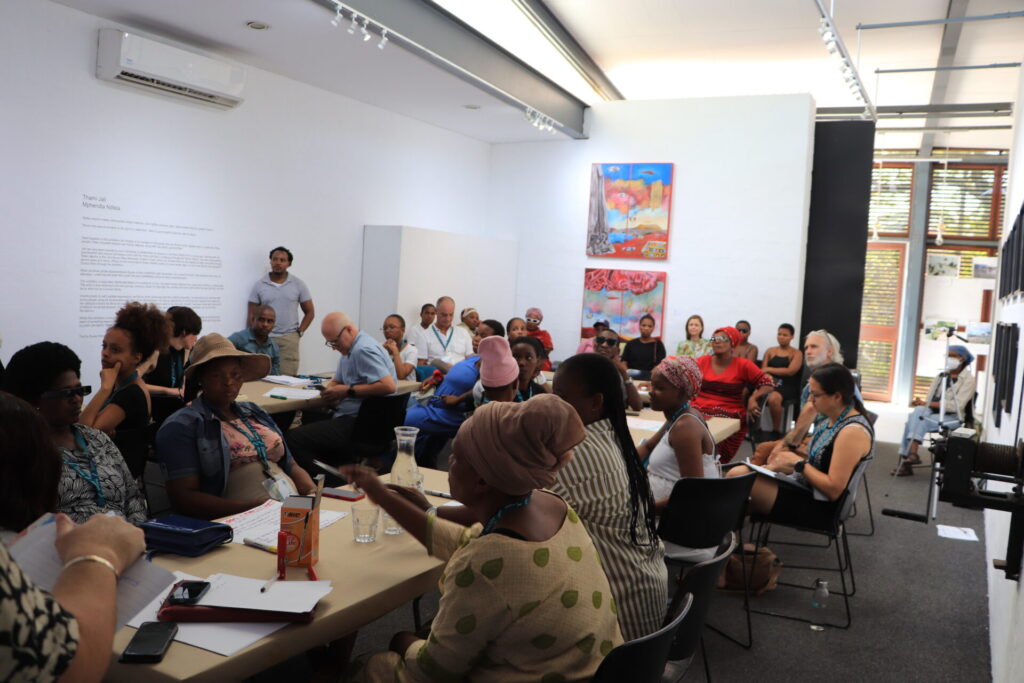
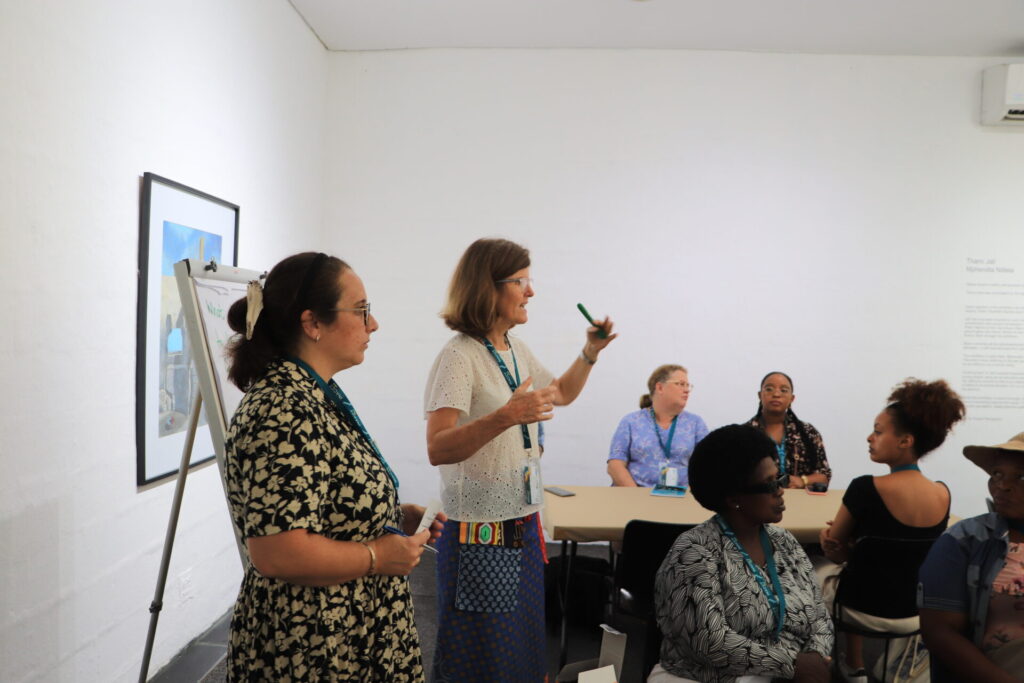
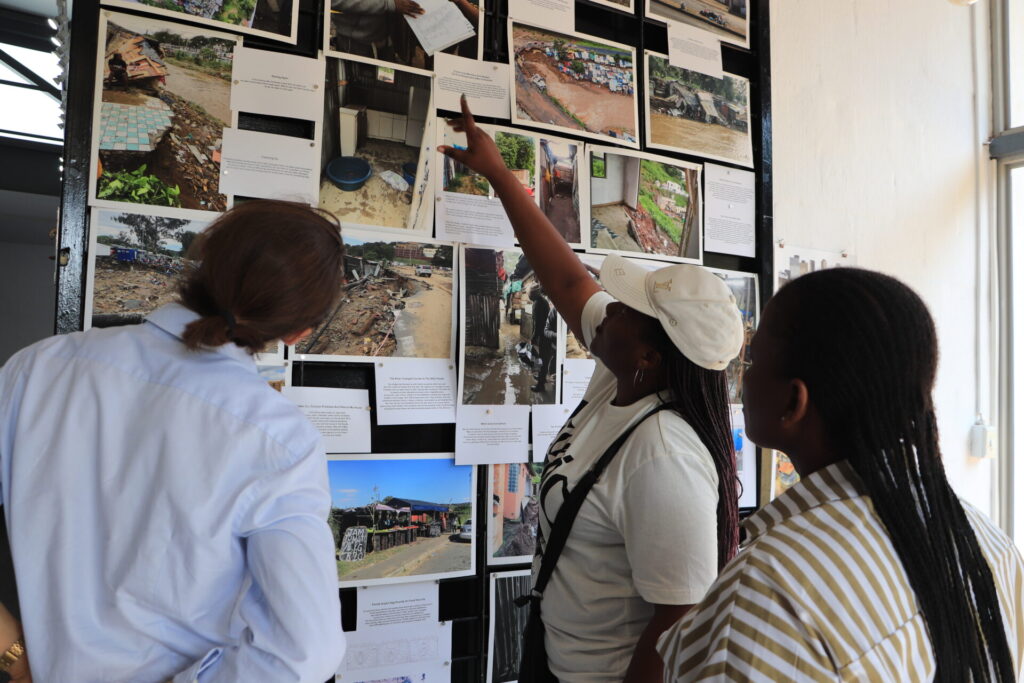
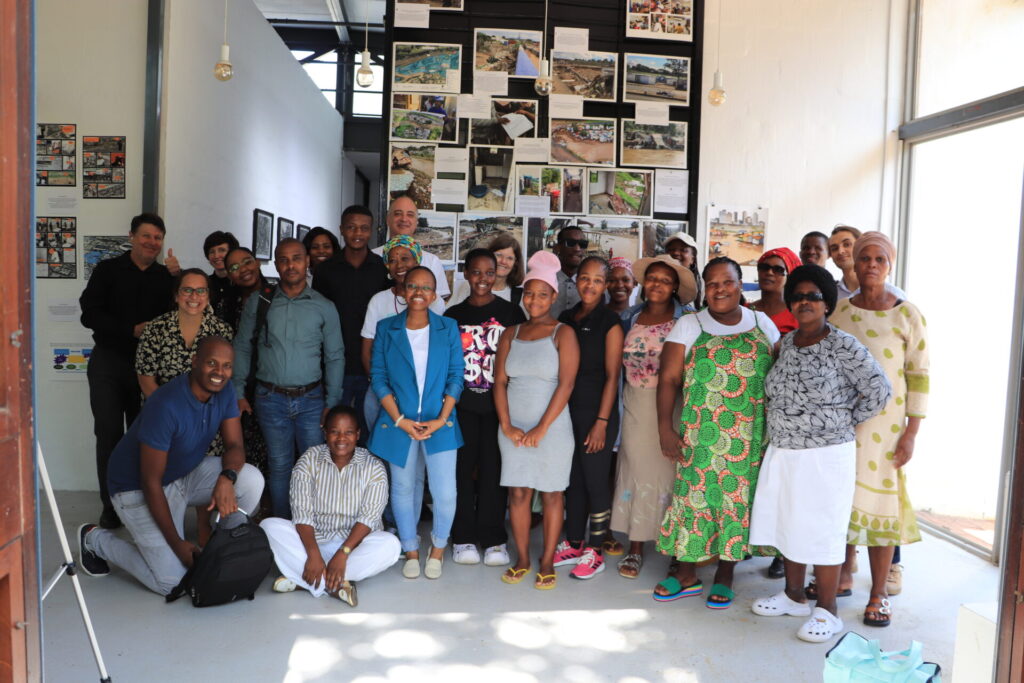
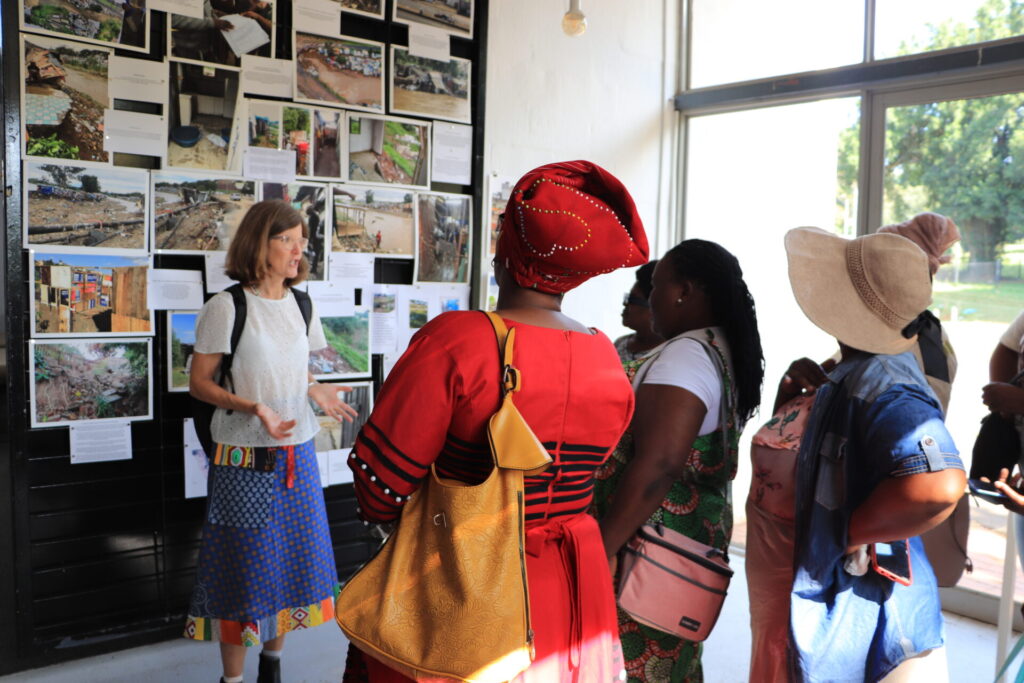
Looking ahead, the INACCT Resilience project aims to disseminate its findings and lessons learned to other African coastal cities, catalysing a ripple effect of inclusive resilience planning. The project serves as a testament to the transformative power of collaboration and inclusivity in building climate resilience. Central to the project’s success is the role played by each partner and close partnerships with community members and government representatives. Project implementer ICLEI Africa is dedicated to promoting sustainability and resilience in African cities. Through vast expertise and networks, ICLEI Africa has facilitated collaboration and knowledge exchange, amplifying the voices of marginalised communities and ensuring that resilience efforts are both locally grounded and globally informed.
Subscribe to the INACCT Resilience podcast on Podbean to keep up-to-date with project progress.
Header photo credit: Appeaning-Addo et al

